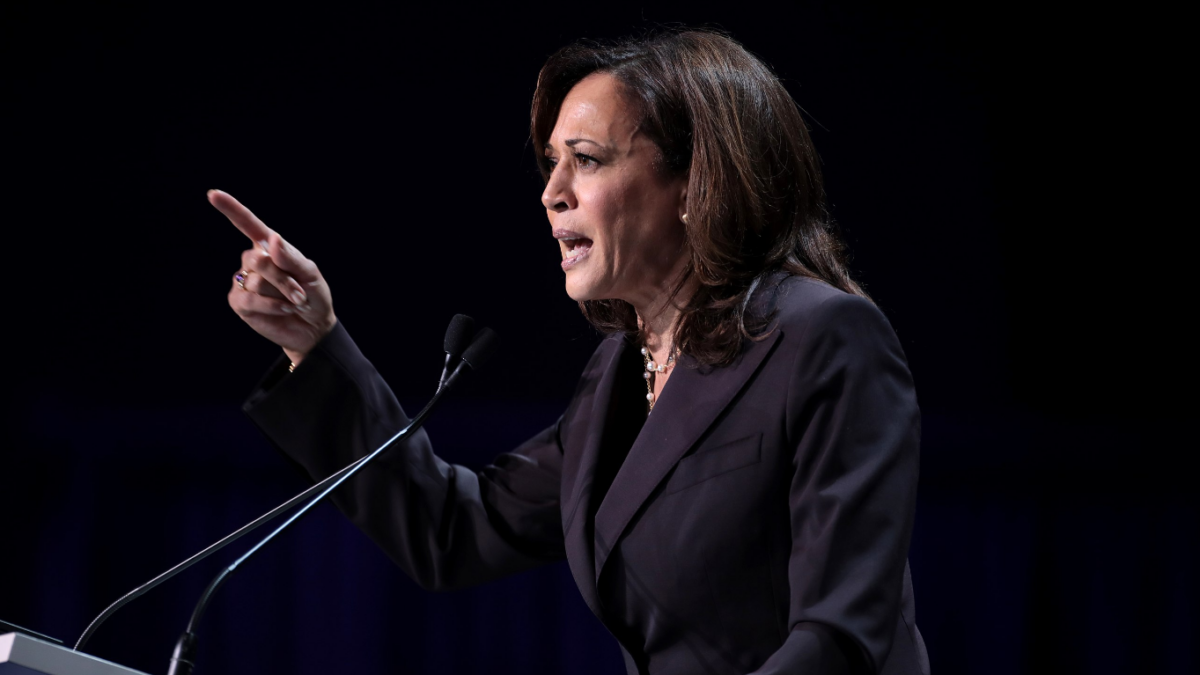
Of course Jon Ossoff didn’t win yesterday’s special election in Georgia’s sixth district. Heck, it wasn’t even all that close. Karen Handel beat him 52 percent to 48 percent, a few points better than Donald Trump did in the same district.
This was predictable. Ossoff was born in the sixth district, but he had lived an awful lot of his life outside it and couldn’t even vote for himself because he lives in Georgia’s more urban fourth district. And he was definitely out of line with the district politically and culturally. GA-6 includes the prosperous and staunchly conservative northern suburbs of Atlanta, while he was campaigning by appealing to the self-styled “resistance” on the Left.
All Ossoff had going for him was a bunch of exaggerated national press from reporters outside the district, a bunch of endorsements from Hollywood types outside the district, a bunch of eager volunteers flooding into GA-6 from outside the district, and above all else, a giant pile of money raised from people outside the district—Ossoff donors from California outnumbered donors from Georgia by almost ten to one.
Notice a pattern here? You can have a lot of support outside the district, but the votes are cast by people inside the district. That’s exactly how it’s supposed to work. The winner in each congressional district is supposed to be the one who most accurately reflects the political preferences of the people who live there.
Over the weekend, I happened to talk to some friends, a young couple with academic connections, who live in GA-6. With a mixture of exasperation and amusement, they described the committed university lefties, who always speak scornfully of the conservative troglodytes in the northern suburbs, suddenly going to door to door in GA-6 trying to convince people they despise to vote for the preferred candidate of the people who despise them. Strangely, it didn’t work.
So why did anyone think it was going to turn out differently? Well, Democrats hoped the “resistance” to Trump would “nationalize” the GA-6 contest and give Democrats across the country the leverage to overwhelm the normal leanings of the district. In thinking they could do this, Democrats were believing their own hype about the power of money in politics.
The Effects of Money Are Greatly Exaggerated
My favorite moment of the campaign is when Ossoff complained about the $40 million spent on the campaign and called for campaign finance controls. This is ironic on two levels. First Ossoff’s campaign wouldn’t have existed without his roughly $25 million in outside contributions, nor would his opponent have raised and spent anywhere near as much if not for the need to fight off that challenge. Second, and more important, the results prove once again that the impact of money on politics is greatly exaggerated and that you can’t buy an election.
I don’t know how many times this idea has to fail in practice before people give it up. It didn’t work in 1994, when Arianna Huffington’s gay ex-husband spent $28 million to lose a Senate campaign in California—at the time, the most money ever spent on a non-presidential campaign.
It didn’t work in 2010, when Meg Whitman spent $140 million of her eBay money on the California governor’s race only to lose to Governor Moonbeam. Same thing with Linda McMahon, whose professional wrestling money failed to win her a Senate seat in Connecticut that year. And it didn’t work in 2014, when Sean Eldridge crashed and burned while trying to use his husband’s Facebook money to buy a congressional seat in New York.
Money doesn’t even ensure victory for incumbents. In my own district, Dave Brat beat Eric Cantor in the Republican primary while spending less money in total than the Cantor campaign spent treating themselves to fancy dinners at steakhouses. (“I don’t understand how we could have lost. We had the total support of all the waiters at Morton’s and McCormick & Schmick’s.”)
Heck, the 2016 election is a giant monument to the failure of money in politics. If Charles and David Koch really used their money to control politics, the famously libertarian brothers would have pulled the strings in the primaries for somebody other than Trump. And in the general election, Hillary Clinton outspent Trump by almost two to one. But the Left has so talked itself into believing in the power of big money in politics that they keep trying to make it happen by dumping a ton of money into doomed races like the one in GA-6.
Money Can’t Buy You Votes
Campaign money is not irrelevant. Money helps. It makes a difference—when candidates are pretty evenly matched on everything else. But you need to have a lot of other things in place before it can help you.
The crazy thing is that Democrats actually know how to win these races, because they’ve done it relatively recently. In 2006, Rahm Emanuel recruited candidates who won in dozens of moderate and conservative congressional district across the South. The people he recruited were respected local figures, but more important, they were culturally conservative and economically moderate. They were close enough to their districts—personally, culturally, and ideologically—to take advantage of a weak cycle for Republicans.
Why can’t Democrats do that again? The fate of Emanuel’s recruits gives the answer. Ten years later, they’ve been wiped out. They were mostly wiped out in 2010 and 2014 because they said moderate or conservative things while talking their voters—then went off to Washington and voted with Nancy Pelosi when it counted. Their ultimate loyalties were too far to the left for the districts they represented.
This is why Democrats can’t do it again. They can’t replicate Emanuel’s 2006 strategy because their own party has moved too far to the left since then and erected too many crazy litmus tests, from abortion to transgender bathrooms to government-run health care. That’s one of the reasons they’re so committed to the mythology of big money in these races. It gives them a reed to cling to in believing that they can reclaim a dominant governing majority while rapidly moving farther to the left than most of the country.
There is definitely an opportunity for Democrats to profit from popular dissatisfaction with President Trump by staking out a relatively sane center-left position and recruiting candidates who are able to speak to voters in congressional districts that are teetering on the edge. In the process, they could create a political counterbalance to some of the things the rest of us don’t like about the Trump administration. Too bad they’re so much more concerned with being woker-than-thou that they’re not going to do that.
Follow Robert on Twitter.









